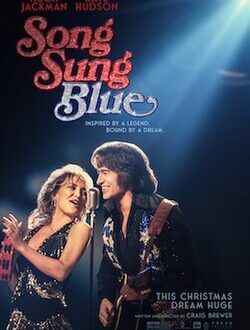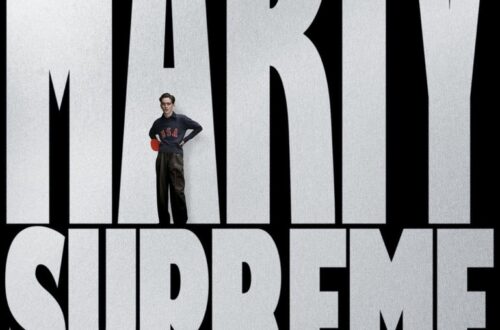Weapons is a visceral, uneasy film that arrests the viewer from its opening moments and refuses to relent. Without resorting to sentimentality, it captures the violent impulses that pulse beneath the surface of suburban youth, exposing how a few fateful decisions can escalate into catastrophe.
The film follows several teenagers whose lives intersect over the course of a single explosive night. Its structure is nonlinear: scenes flash us back to key interactions—heated arguments, furtive glances, taunting text messages—that eventually converge in an unforgettable climax. This fragmented structure reinforces the film’s central idea: small, everyday choices can ripple outward, colliding with one another in ways that feel inevitable yet shocking.
Performances in the film are raw and intense. Each actor inhabits their character fully—whether it’s the misfit teenager with a chip on his shoulder, the eager instigator hungry for affirmation, or the bystander who watches events unfold, later haunted by regret. Emotional volatility crackles in every scene, and none of it feels staged. There’s a credible impatience, a jittery energy, especially in scenes where suppressed frustration and insecurity boil over into aggression. The dialogue is terse and sharp, often delivered in staccato bursts that mirror the characters’ internal turbulence. Occasionally, it veers toward stilted, but overall it retains a tense authenticity.
Cinematically, Weapons leans into its minimalist, gritty aesthetic. The camera is handheld for much of the runtime, hovering close—to eyes, to broken sentiments, to the tension invisibly stretching between characters. The lighting is stark, often cold, with shadows that echo the emotional darkness leaking from the characters’ psyches. There’s a sense of surveillance, a feeling that we’re peeking into private cruelties and vulnerabilities. The editing is abrupt—cuts jolt into new perspectives just as emotions reach a boiling point—accentuating the sense of instability. It never gives comfort.
What is most affecting about Weapons is its unyielding look at youth culture’s code of bravado and its fragility. The film unpacks how social hierarchies, cruelty disguised as wit, and the pressure to “prove” oneself can spiral into real, irreversible damage. It doesn’t offer easy answers or redemption arcs; instead, it lingers in the gray area, where accountability and remorse are muddled. There’s no neat resolution—only the aftermath and an implied warning. This makes the film disturbingly resonant: it refuses to exorcise its characters’ guilt or absolve them, and thus refuses to let the viewer look away too comfortably.
The score is spare, with moments of quiet tension punctuated by sudden bursts—like distant sirens, a strained guitar now and then, or heavy breathing over static. These sonic choices amplify the emotional volume without overwhelming the visuals. Sound becomes psychological space, and silence—when it happens—is as oppressive as any raised voice.
If the film has a flaw, it might be that its fragmented narrative occasionally sacrifices clarity for mood. Some character connections and motivations remain opaque, which can leave the viewer feeling disoriented. But perhaps that’s the point. The chaos of memory, remorse, and trauma doesn’t always arrange itself into neat cause-and-effect chains.
In sum, Weapons is a bold, unflinching snapshot of adolescent volatility, of how power, fear, and poor choices collide in a crucible of vulnerability. It is neither comforting nor easy to watch—but it is uncommonly authentic. At its best moments, it captures the terror of being young and angry, of miscommunication exploding into tragedy. It’s a film that sticks with you, not because it entertains, but because it demands reflection—and perhaps, warns us all to watch what we say, and how we carry our wounds.




